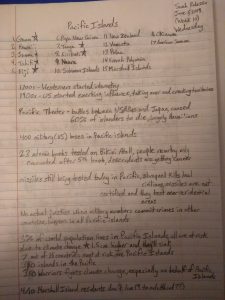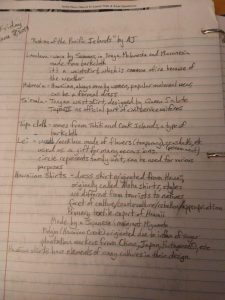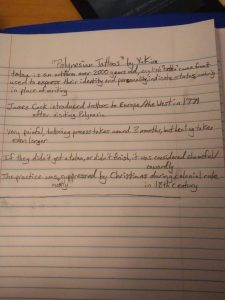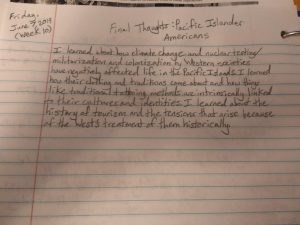



Posts in this category include class notes, seminar writing assignments, film analyses, and an ongoing synthesis of ideas across program texts.
Unaccustomed Earth
Miss Lien:
A Temporary Marriage
Dark Blue Suit
© 2025 Sarah's A-POP Blog
Theme by Anders Norén — Up ↑